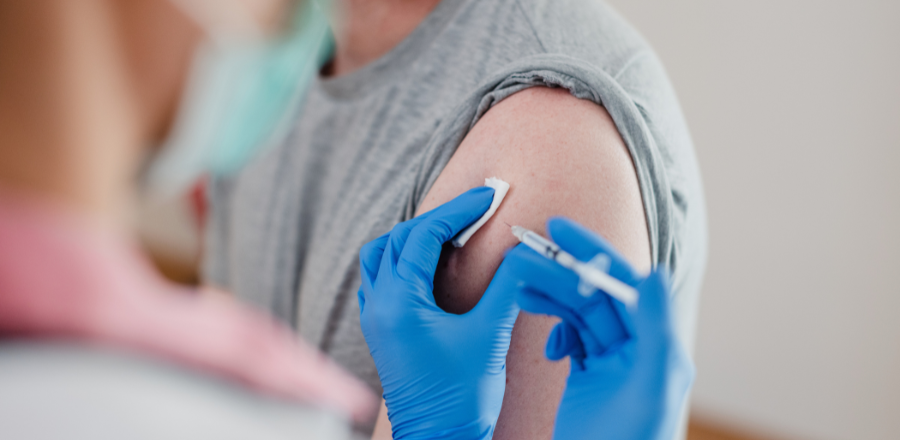Sarah Courtney,Minister for Education
The 2021 Annual Student Wellbeing Survey Data has been released providing an important insight into the wellbeing of Tasmanian Government school students in years 4-12.
This is the third survey undertaken, with overall results showing that the majority of students report medium to high levels of wellbeing across all wellbeing domains. This is particularly pleasing given the challenges of COVID-19.
The data from the Wellbeing Survey highlights the strength of the relationships formed in school communities and how influential they are to education outcomes.
Importantly, the Department’s analysis has shown that most indicators remain relatively stable at the state-wide level, indicating that our students have maintained a positive sense of wellbeing and have been well supported during the challenges and uncertainty over the past two years.
The data helps schools to plan and implement programs and professional learning to support the wellbeing of their students, as we recognise that a young person’s sense of wellbeing is an important part of how they learn at school.
Evidence shows that students who have greater health and wellbeing are more likely to have better educational outcomes and positive wellbeing throughout their lives.
Hearing directly from students provides us with a much better understanding of their needs and is key to improving their wellbeing.
Key data from the 2021 survey shows us that:
*95 per cent of students reported they had good relationships and support from their teachers;
*91 per cent of students felt connected to adults in their home;
*84 per cent of students feel safe at school;
*72 per cent of students felt that teachers and students care about each other and treat each other with respect;
*76 per cent of students reported being generally optimistic; and
*81 per cent of students reported that they persist with classroom tasks to support their learning.
The Tasmanian Liberal Government is committed to improving student wellbeing by launching a Respectful Schools Campaign, employing additional School Health Nurses, supporting an extra 100 individual students per year impacted by trauma, providing free access to speech pathologists, psychologists and social workers in every Child and Family Learning Centre and continue funding for the Speak Up Stay ChatTY Schools Program for a further three years.








